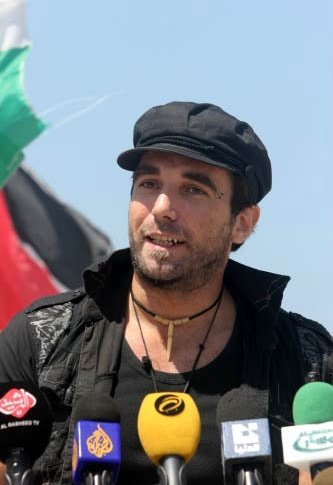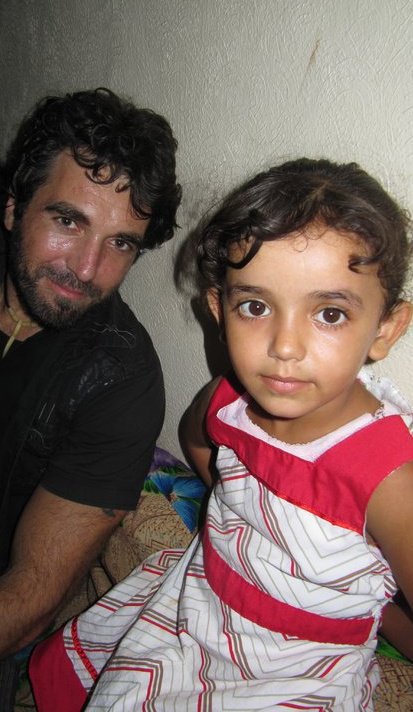Tag: Gaza
-
Remembering Vik
Jeff Halper | Israeli Committee Against House Demolitions Less than two weeks after losing another friend and comrade, Juliano Mer-Khamis, I now have to mourn and remember my fellow Free Gaza shipmate Vittorio (Vik) Arrigoni, who was brutally murdered last night by religious extremists in Gaza (and who actually resembled Juliano, physically, in his buoyant…
-
Palestinians in Gaza and the West Bank unite in mourning of slain activist Vittorio Arrigoni
International Solidarity Movement Gaza FOR IMMEDIATE RELEASE Palestinians across the Gaza strip and the West Bank will join today in mourning slain activist Vittorio Arrigoni. People will gather both in the Al Manara square in Ramallah and at Al Jundi al Majhull, the unknown soldier park, in Gaza City. Mourners will be received by the…


